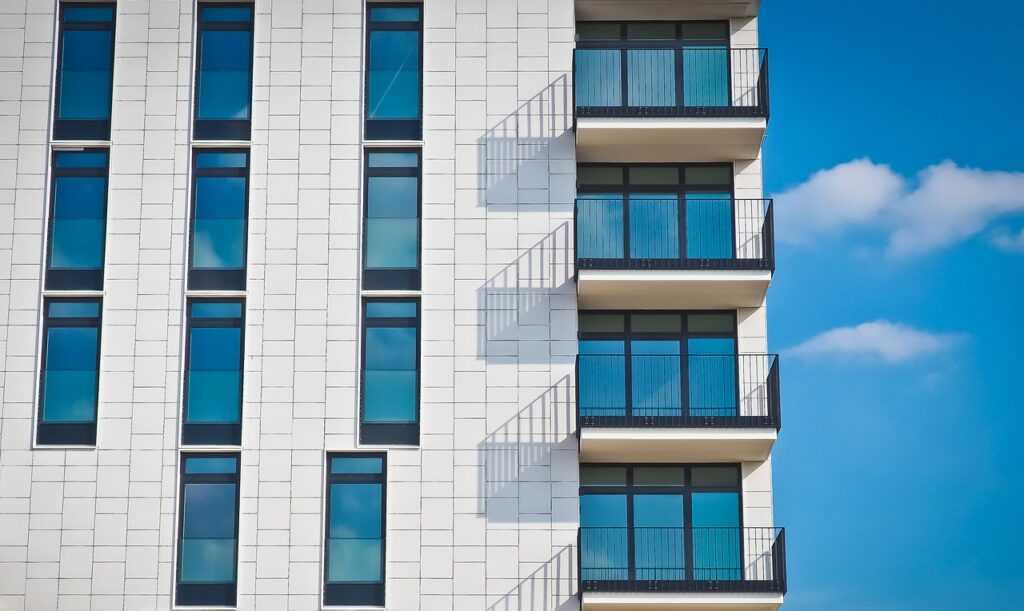
Balcony Solar Systems: Pros and Cons of Compact Solar Power
As interest in renewable energy grows, more homeowners and renters are exploring ways to reduce their carbon footprint and utility bills. Balcony solar systems—small, efficient photovoltaic installations designed for apartment balconies and compact spaces—are becoming popular across Europe and especially in Germany, where sustainability efforts are on the rise. These micro-installations bring many advantages, from easy installation to financial savings, yet they also come with certain limitations. Here’s a closer look at the benefits and drawbacks of balcony solar systems and what makes them an attractive yet sometimes challenging solution.
What are Balcony Solar Systems?
Balcony solar systems, often called “plug-and-play” solar units, are small photovoltaic systems specifically designed for urban settings, making them ideal for apartments, rented spaces, or homes with limited outdoor space. Unlike traditional rooftop solar panels, these compact systems are mounted directly on a balcony railing or a small exterior wall and connect to the home’s electrical system, enabling users to generate their own solar power without major installation requirements.
Typically, these units consist of one or two solar panels, an inverter to convert the generated electricity from direct current (DC) to alternating current (AC), and a plug or adapter to connect directly to a wall socket. This simplicity is part of their appeal, offering renewable energy on a small scale that’s suitable for urban living.
Advantages of Balcony Solar Systems
1. Eco-Friendly and Sustainable Energy Source
Balcony solar systems contribute to a reduction in carbon emissions and promote cleaner energy use. By generating electricity from sunlight, users decrease their reliance on fossil fuels, which aligns well with Germany’s commitment to environmental sustainability. Although small, these systems can offset a portion of a household’s energy needs, especially during sunny months, thereby promoting an eco-friendly lifestyle even in densely populated urban areas.
2. Cost Savings on Electricity Bills
One of the main incentives for adopting a balcony solar system is the potential to save on electricity costs. These systems allow users to generate their own power for personal use, which can reduce dependency on the grid and lower utility bills over time. While they are unlikely to cover an entire household’s power needs, they can provide enough energy for common devices such as lamps, chargers, and small electronics.
Over time, these savings can accumulate, making the system a cost-effective investment for many urban dwellers. Additionally, some regions in Germany and beyond may offer subsidies or incentives to support the installation of solar technology, further improving the financial benefits of these systems.
3. Simple Installation and Minimal Maintenance
Balcony solar systems are designed for ease of installation, often requiring no professional help. Many users find they can set up the system on their own by simply attaching the panels to a railing or exterior wall and plugging the inverter into a standard electrical outlet.
These systems generally require little maintenance, with most components designed to withstand outdoor weather conditions. Occasional cleaning of the panels may be necessary to optimize energy generation, but beyond that, balcony solar systems offer an accessible way to incorporate renewable energy with minimal upkeep.
4. Portability and Flexibility
Unlike traditional rooftop solar installations, balcony solar systems are portable. Renters or those who anticipate moving can take the system with them, reattaching it at their new residence with relative ease. This flexibility makes them especially attractive to apartment dwellers who want the benefits of solar power without committing to a permanent installation.
Disadvantages of Balcony Solar Systems
1. Limited Energy Output
Due to their compact size, balcony solar systems generally produce only a fraction of the electricity generated by a traditional solar panel installation. This means they may not be suitable for those with high energy demands or those hoping to achieve complete energy independence. Typically, these systems can power only a few low-energy devices, so they are best suited for users looking to supplement, rather than replace, their existing electricity supply.
2. Variable Performance Based on Sunlight Exposure
As with all solar systems, balcony units depend on sufficient sunlight to generate power effectively. Balconies that are shaded for large portions of the day or those that face north may not produce enough electricity to make the investment worthwhile. In Germany, where winter months can be particularly overcast, some users might see a noticeable decrease in power generation during the darker months.
3. Regulatory and Building Restrictions
In some cases, balcony solar systems can face regulatory or building code restrictions. Apartment buildings or housing complexes may have policies governing the installation of items on balconies, particularly if they alter the building’s exterior appearance. Additionally, some municipalities require notification or even permission before installing such systems. Prospective users should check with their landlord or homeowners’ association and ensure compliance with local regulations before proceeding.
4. Initial Investment Costs
While balcony solar systems are less costly than full-scale rooftop installations, they still require an initial investment that may not be immediately feasible for all users. The price of a balcony system typically ranges between a few hundred and a thousand euros, depending on the unit’s capacity and quality. While many will see a return on investment over time due to electricity savings, the upfront cost could be a barrier for some individuals, especially those who plan on moving soon.
Important Considerations Before Investing
For those considering a balcony solar system, there are a few key factors to evaluate:
- Location and Sunlight: Ensure the balcony receives enough sunlight to make the installation effective, considering seasonal variations.
- Electrical Setup: Check that the building’s electrical system is compatible with plug-and-play solar units and can accommodate the additional input safely.
- Long-Term Usage: Determine if the investment will pay off within the anticipated period of residence, particularly for renters who may move within a few years.
Balcony Solar Systems as Part of Germany’s Sustainable Future
Balcony solar systems represent an innovative, flexible solution for those interested in renewable energy on a smaller scale. While they may not replace traditional energy sources entirely, their ease of installation, potential cost savings, and portability make them an appealing choice for urban residents across Germany and beyond. As the country continues to advance its commitment to sustainable energy, balcony solar installations could become a common feature of apartment living, offering an accessible way for residents to actively participate in environmental initiatives and reduce their carbon footprint.
As renewable technology continues to evolve, balcony solar systems may see further advancements, offering improved efficiency, affordability, and integration options. For now, they provide a valuable entry point into the world of solar energy, empowering even small households to contribute to a greener, more sustainable future.





